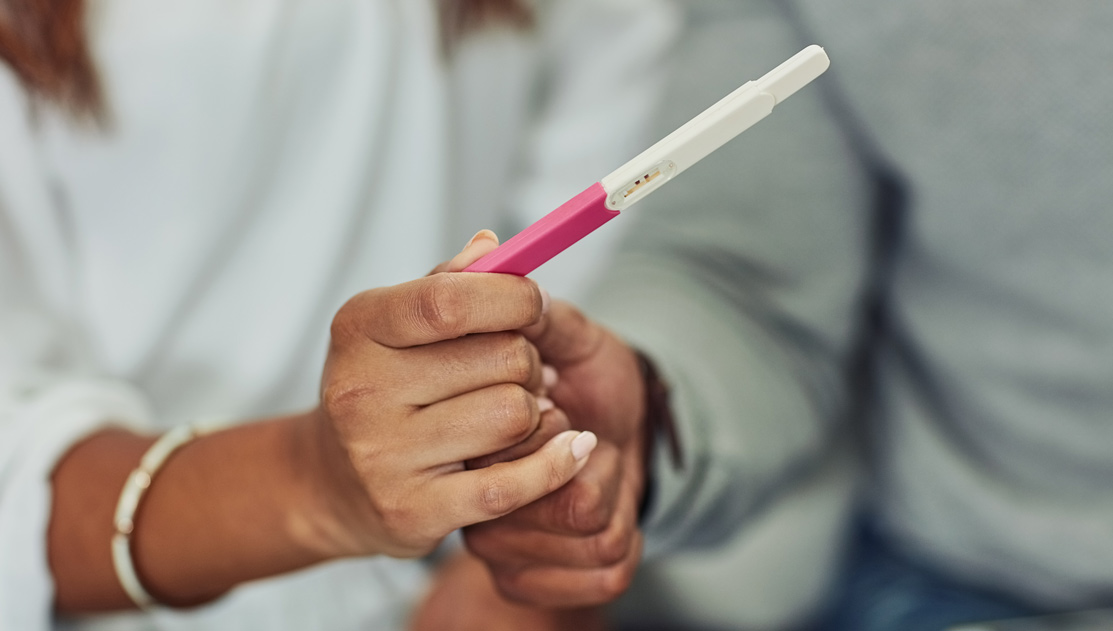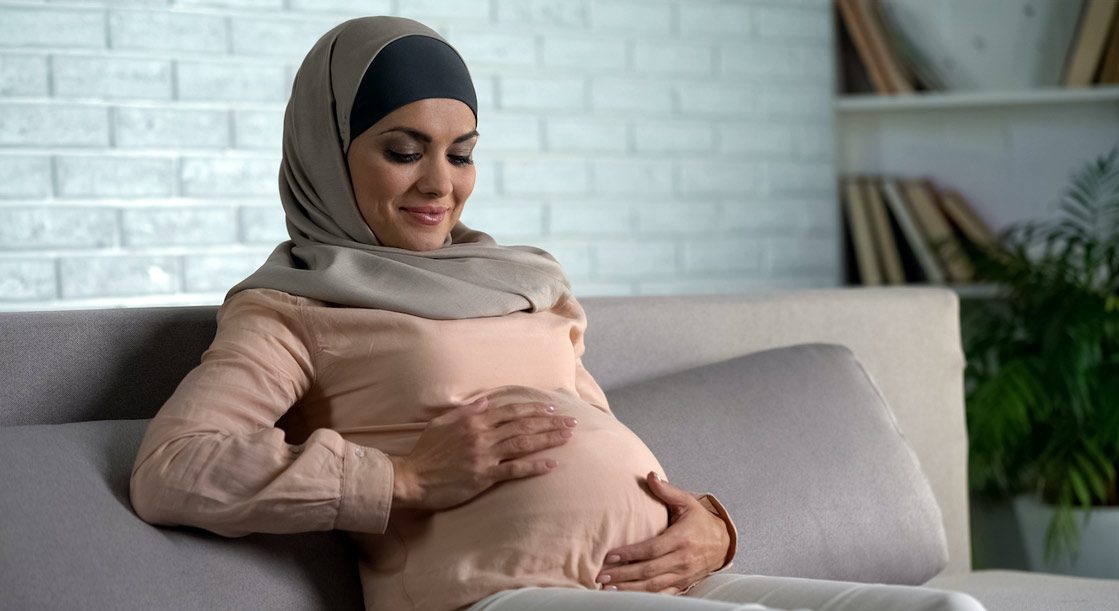How much milk do you drink? Groundbreaking new research suggests that the answer might play a role in your fertility.
A team at Harvard University and the University of Massachusetts analysed data from 120,000 women. The women were all entered into a study between the ages of 25 and 49 and were monitored throughout a 30 year duration.
Through careful combing of the data, scientists discovered that women whose diets were highest in calcium were 13% less likely to experience early menopause than those whose diets were lowest in calcium. Early menopause is defined as undergoing menopause before the age of 451.
What’s more, vitamin D was also shown to play a role. High levels of dietary vitamin D appeared to reduce the risk of early menopause by 17%. The team adjusted for other possible factors such as smoking, body mass index, protein intake, consumption of vegetables, and alcohol intake.
We spoke to leading fertility doctor and Co-Director of The Fertility and Gynaecology Academy, Dr Gorgy. He told us: “These findings are very interesting, although it’s still important to be cautious at this stage. But there have also been earlier studies showing links between vitamin D deficiencies and other hormonal problems like endometriosis and polycystic ovary syndrome (PCOS), so this would appear perhaps to add to a body of knowledge around this issue.”
Lead researcher Alexandra Purdue-Smith said: “There is really good laboratory evidence that vitamin D increases the production of hormones which slow down ovarian ageing and slow down the rate at which a woman loses her eggs. This is important because menopause comes when a woman has no eggs left.”2
She also asserted: “Calcium, we think, could also influence ovarian ageing, because it is present with hormones in cows’ milk like progesterone, which may also help to reduce risk of early menopause.”3
Vitamin D deficiency has also been found to cause Immune System imbalance which might contribute to implantation failure causing delay of pregnancy and early miscarriage.
Dr Gorgy told us: “Around 1 in 10 women will be affected by early menopause. Given that fertility declines sharply in the 10 years prior to menopause, and women are tending to want to have children later and later, early menopause can have serious consequences for many couples. With this in mind, we welcome any research that takes us that bit closer to identifying factors that may help or hinder a woman’s fertility.”
Where can I find vitamin D and calcium?
Not in supplements, if you go by this study – The report noted their findings based on dietary sources of vitamin D and calcium. High supplement intake of vitamin D and calcium was not associated with lower risk of early menopause at all.4
Don’t rely on the sunshine for vitamin D if you live in Britain, because Britain simply doesn’t get enough of it. Dr Gorgy says: “You should get your intake of vitamin D in foods like egg yolk, cheese and fatty fish; calcium can be found in fortified milk and oily fish; vegans or lactose intolerant women can find plenty of calcium in leafy greens like broccoli and kale.”
If you are considering getting pregnant or have been trying to get pregnant for more that 12 months, Dr Gorgy advises booking in a fertility test, like the one on offer at The Fertility & Gynaecology Academy, to give you peace of mind and help flag any potential issues.
To book an appointment and discuss your fertility lifespan with Dr Gorgy, call the clinic on 020 7224 1880 where a member of our team will be waiting to help.
References
[1] http://ajcn.nutrition.org/content/early/2017/05/10/ajcn.116.145607.abstract?sid=12a8edde-f93a-42f5-ac1c-b6d8d19bc801
[2] http://www.netdoctor.co.uk/healthy-living/wellbeing/news/a28173/milk-early-menopause-link-calcium-vitamin-d/
[3] http://www.netdoctor.co.uk/healthy-living/wellbeing/news/a28173/milk-early-menopause-link-calcium-vitamin-d/
[4] http://ajcn.nutrition.org/content/early/2017/05/10/ajcn.116.145607.abstract?sid=12a8edde-f93a-42f5-ac1c-b6d8d19bc801







